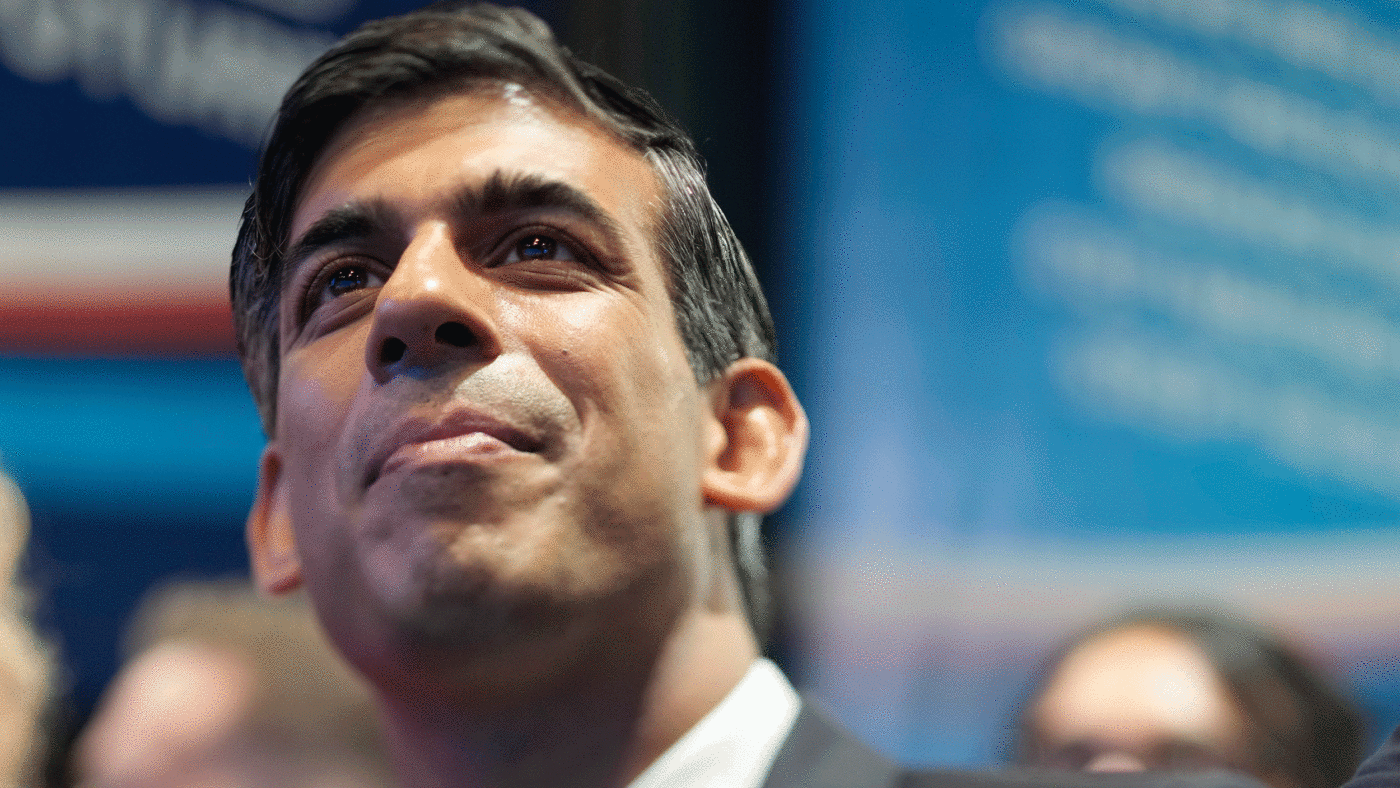Two key pieces of economic data have come out in recent days: the latest monetary growth data from the Bank of England and the latest house price data. The monetary data shows the contraction in broad money (M4ex, for those interested in the jargon) accelerating. It started contracting in July, for the first time since equivalent records began. In August the 12 month contraction accelerated to 0.6%. The latest three month period suggests that contracting is accelerating further, with an annualized 2.1% contraction. House price data from Nationwide showed house prices falling for the eighth month in a row in September.
Ordinarily such data would be regarded as pretty strong evidence interest rates were at least high enough if not too high. Yet financial markets are still pricing about a 25% chance of one further interest rate rise. I’d say the true odds are longer than that. With GDP probably contracting, house prices falling, money contracting and inflation falling like a stone, the real question now is when interest rates might start falling. And that’s where things might get politically interesting.
The market is currently pricing in an outside chance rates start being cut early next summer, and a strong chance they’ll be cut between September and December next year. Given that late Autumn is the likely timing of the next General Election, there’s a good chance Sunak will be able to go into it saying that inflation is back under control and interest rates are back to falling. It’s also possible that there could be some further real wage rises by then, as falling inflation under-takes wage movements.
Often a government might feel optimistic about its prospects if it can go into an election with interest rates and inflation falling and real wages rising. One problem for Sunak is that this may all come too late for the psychological impact to wash through into votes. People are more likely to remember their mortgages rising inexorably, the value of their houses falling and their real wages being eroded severely for two years by the highest inflation for many decades. Furthermore, taxes are rising and that will remain the reality even if (as widely expected) Jeremy Hunt pulls some tax-cutting rabbit out of the hat in his Spring Budget. Interest rates dropping wouldn’t do Rishi Sunak’s prospects any harm, but those prospects are already so bleak (with the latest opinion polls suggesting a Labour majority of over 200) that rate cuts can’t save him.
In economic terms we are in the midst of a significant experiment. We’ve never tried to escape from such an extended period of zero interest rates and quantitative easing before in the modern era. One implication of that is that there is considerable scope for debating how things should be done and what we should or shouldn’t worry about. Does it matter if the money stock is contracting in this unprecedented way? Or is that a healthy part of the normalization process? Does monetary data matter at all, in itself? The Bank of England’s Monetary Policy Committee has essentially taken the view that it does not. Others, such as former Bank of England Governor Mervyn King have argued that it does. The latter view would imply that the Bank should have been forewarned of rapidly rising inflation by the rapid monetary growth of early 2021, and should be concerned now about the risk monetary contraction turns in due course into deflation, recession and perhaps even banking sector problems.
Time will tell. For now we wait to see how rapidly inflation will fall in the next few months before the base effects of higher energy prices start dropping out. We wonder whether GDP will keep falling and if so for how long. And we wonder what, if anything, a new Labour government coming in next year could do to address the many significant economic challenges it will face.
Click here to subscribe to our daily briefing – the best pieces from CapX and across the web.
CapX depends on the generosity of its readers. If you value what we do, please consider making a donation.


